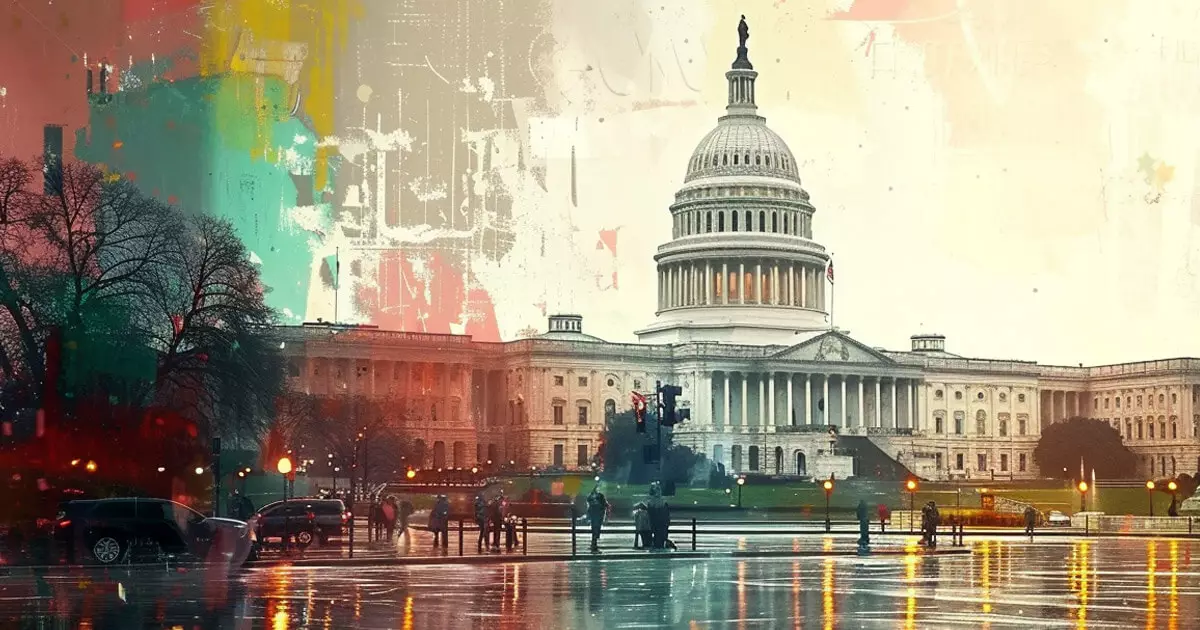Recently, the United States House of Representatives passed the Financial Technology Protection Act with unanimous approval. This act is designed to combat the use of digital platforms for illicit activities and terrorism financing. Representative Zach Nunn introduced the bill, which was subsequently approved on July 22, 2024. The main goal of this legislation is to establish a government working group that will focus specifically on addressing terrorism and illicit financing in the digital realm.
The proposed working group will be comprised of key federal agencies and experts from the private sector. It will operate under the Treasury Department and will include professionals from US law enforcement and the private sector. Particularly notable is the inclusion of five industry leaders from the financial technology or blockchain intelligence sectors. The aim of this group is to collaborate in a concerted effort to tackle security risks, prevent money laundering, and protect consumer choice in digital assets.
Interestingly, Senators Kirsten Gillibrand and Ted Budd introduced a similar bill in the Senate, although it did not receive the same level of attention as its House counterpart. The passage of the Financial Technology Protection Act in the House showcases the increasing backing for crypto regulations among US lawmakers. This trend is further exemplified by the recent approval of the Financial Innovation and Technology for the 21st Century Act.
Despite the momentum towards crypto regulation, challenges remain. Lawmakers attempted to overturn the SEC’s Special Accounting Bulletin 121 advisory through a resolution, only to face a veto from President Joe Biden. Subsequent efforts to repeal the veto were unsuccessful, underscoring the complexities surrounding regulatory decisions in the digital asset space. As the 2024 elections draw closer, the bipartisan support for crypto in Congress becomes more pronounced.
The passage of the Financial Technology Protection Act marks a significant step towards enhancing security and integrity in the digital finance landscape. By bringing together government agencies and industry experts, this legislation signals a growing awareness of the importance of addressing illicit activities on digital platforms. As the regulatory environment continues to evolve, the role of lawmakers in shaping the future of digital assets will undoubtedly become increasingly crucial.


Leave a Reply